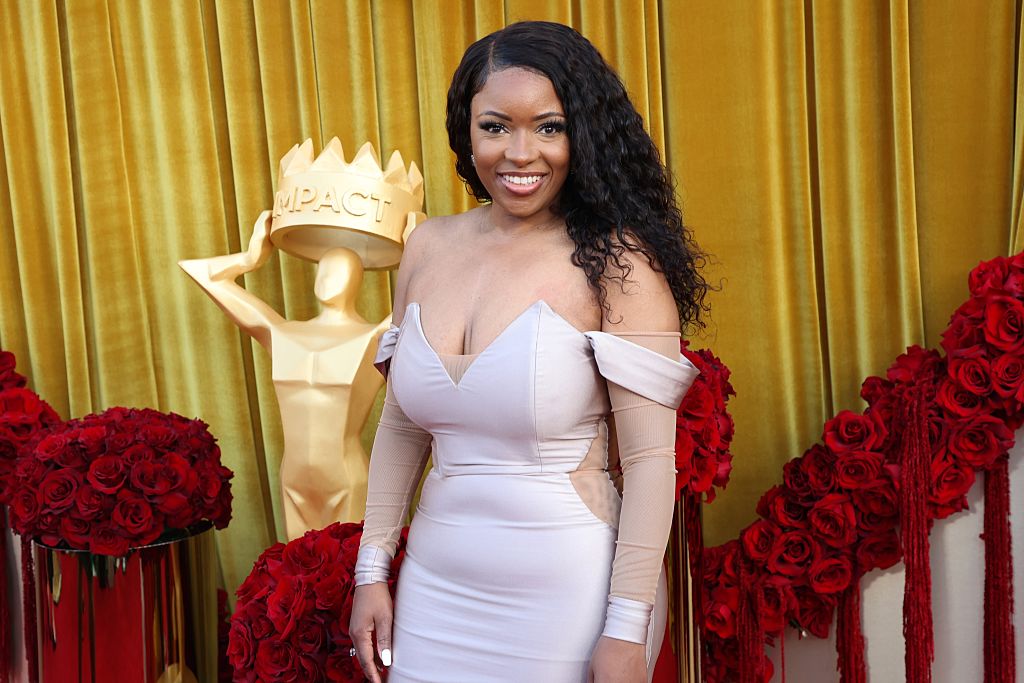Charlotte E. Ray,
Recognize! Charlotte Ray Becomes 1st Black Female Lawyer 140 Years Ago
Pioneering Black female lawyer Charlotte E. Ray (pictured) achieved her historic feat 140 years ago today in 1872, becoming just the third woman ever admitted to practice law in the country at the time. Ray was also the first woman admitted to practice law in the nation’s capital and the first woman to argue a case in front of the Supreme Court. Her accomplishments are noteworthy because of not just the racial oppression she faced, but also because of the added scrutiny levied upon her by way of her gender.
SEE ALSO: Two Shows Present Black Women In Positive Light
Charlotte E. Ray was born on January 13, 1850. As one of seven children, she grew up in a large family. Her father, Charles, was a minister and an active participant in the slavery abolishment movement. Known as a driven scholar, Ray would make her way to Washington in the early 1860s, enrolling at the Institute for the Education of Colored Youth, one of the few such establishments to offer a high level of quality teaching for their students.
LIKE NewsOne On Facebook To Stay Up On Black News Worldwide!
By the end of her tenure at the institute, her academic ambitions led her to become an educator at the Normal and Preparatory Department at Howard University. Around this time, Ray also enrolled in the Law Department of Howard University by using a bit of deception: Knowing that women were not graciously admitted into the law school, Ray would file her application under the name “C.E. Ray,” which would guarantee her entry. Excelling in her classes, with a focus on corporate law, she graduated from the law program in 1872. She was admitted to the District of Columbia Bar, officially marking her historic triumph — but the victory would be bittersweet.
The times were not kind to Black people, even those with the educational credentials of Ray. Even though she opened a law office in Washington, her business would fail due to prejudice and the like. Shuttering her doors, she would return to her native New York and taught in the public school system, finding root in Brooklyn. She would marry in the 1880s, taking her husband’s last name, Fraim. She was active in the women’s suffrage movement along with other social causes and then joined the National Association of Colored Women as well. Ray passed on January 4, 1911.
Charlotte E. Ray’s legacy is quite intact and although her name isn’t mainstream, she is properly recognized by Howard University’s law school and has been a Black History Month focal point as well. Her inspiring tale in the face of insurmountable odds will continue to be told, yet it deserves to be a larger part of the conversation when speaking to young women entering the halls of academia.
SEE ALSO:
Ultra-Conservative Blacks Make Career Appealing To GOP Extremists















